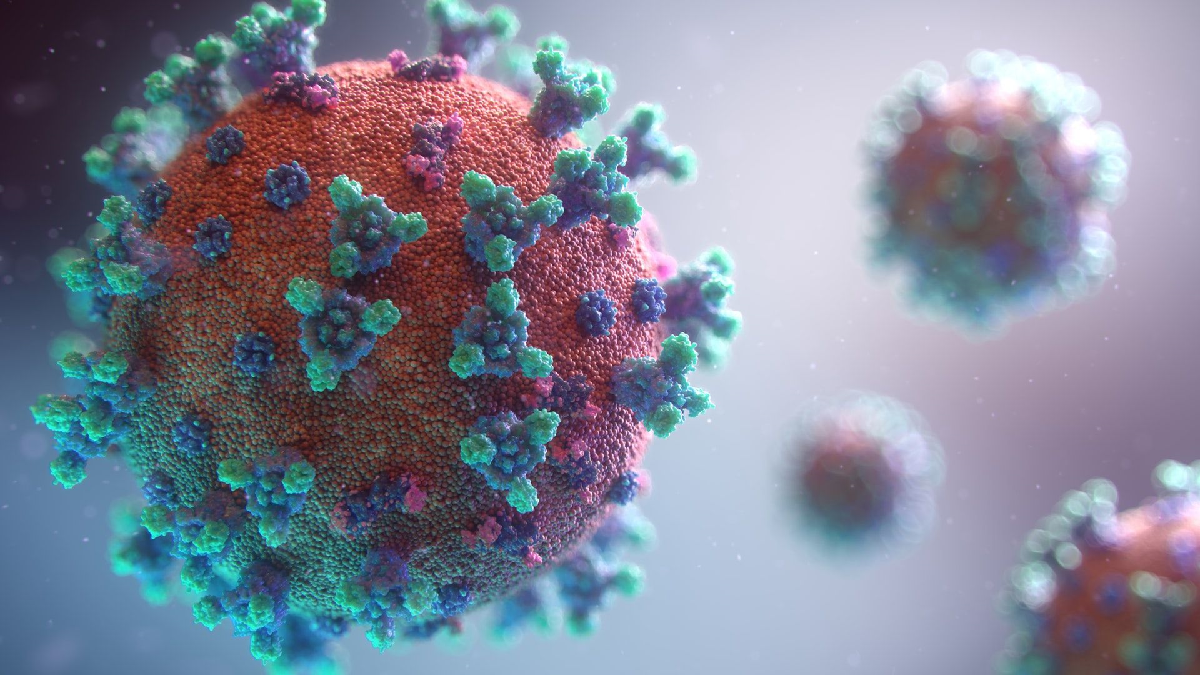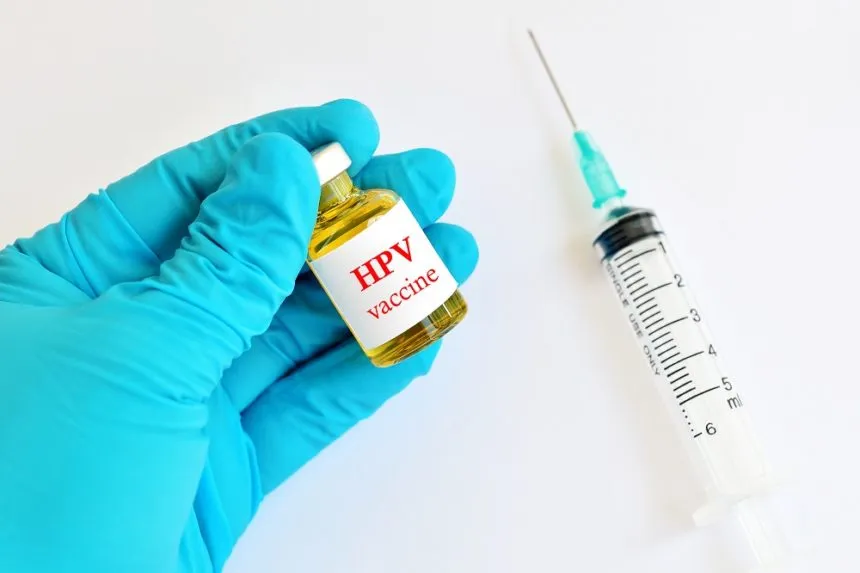Amid the reports of a rapid surge in Covid-19 cases in rural India, with the country reporting 311,170 new infections and 362,437 recoveries in the last 24 hours, the Centre on Sunday issued new guidelines for containment of the coronavirus.
The new SOP advised that peri-urban and rural areas plan a minimum 30-bed Covid Care Centre for asymptomatic cases with comorbidities or mild cases where home isolation is not feasible. Provision of Rapid Antigen Test (RAT) kits should be made at all public health facilities including sub-centres or health and wellness centres and Primary Health Centres, the Union Health Ministry said.
Noting that besides urban areas reporting a large number of cases, a gradual ingress is now being seen in peri-urban, rural and tribal areas as well, the ministry released the “SOP on Covid-19 Containment and Management in Peri-urban, Rural & Tribal areas” to enable communities strengthen primary level healthcare infrastructure at all levels to intensify Covid-19 response.
It said Covid Care Centres (CCC) can admit a suspect or confirmed case but should have separate areas for suspected and confirmed cases with preferably separate entry and exit for each. “Suspect and confirmed cases should not be allowed to mix under any circumstances,” the SOP said.
“Symptomatic cases can be triaged at village level by teleconsultation with Community Health Officer (CHO), and cases with comorbidity/low oxygen saturation should be sent to higher centres,” it said.
Covid-19 patients should also be counselled to isolate themselves till test results are available. “Those asymptomatic but having history of high-risk exposure to Covid patients (exposure of more than 15 minutes without a mask within 6 feet distance) should be advised quarantine and tested as per ICMR protocol.”
Noting that nearly 80-85 per cent of Covid-19 cases are asymptomatic/mildly symptomatic, as per the SOP, these patients do not require hospitalisation and may be managed at home or in Covid care isolation facilities.
For monitoring of active cases in the home isolation, the Ministry said that it is desirable for each village to have an adequate number of pulse oximeters and thermometers for Covid patients.
“The Village Health, Sanitation and Nutrition Committee (VHSNC) through local PRI and administration should mobilise resources to make provisions for these equipment. A system of providing the pulse oximeters and thermometers on loan to families with a confirmed case of Covid should be developed through ASHA/ Anganwadi workers and village-level volunteers. The pulse oximeters and thermometers should be sanitised after each use with cotton/cloth soaked in alcohol-based sanitiser,” it said.
Follow-ups for patients undergoing isolation/quarantine could be done through household visits by a frontline worker/volunteers/ teacher duly following required infection prevention practices including use of medical mask and other appropriate precautions.
The ministry said that the home isolation kit shall be provided to all such cases which should include required medicines such as Paracetamol 500 mg, Tab. Ivermectin, cough syrup and multivitamins (as pre
scribed by the treating doctor). Besides a detailed pamphlet indicating the precautions to be taken, medication details, monitoring proforma for the patient’s condition during the home isolation, contact details in case of any major symptoms or deterioration of health condition and the discharge criteria.
The guidelines further said that patient/caregiver will keep monitoring their health, but immediate medical attention should be sought if serious signs or symptoms develop. According to the ministry, these could include difficulty in breathing, dip in oxygen saturation (SpO2 < 94 per cent on room air), persistent pain/pressure in the chest, and mental confusion or inability to arouse. It said that if SpO2 goes below 94 per cent, the patient should be referred to a facility with an oxygen bed (DCHC or DCH depending on the SpO2 level).
“Patients under home isolation will stand discharged and end isolation after at least 10 days have passed from onset of symptoms (or from date of sampling for asymptomatic cases) and no fever for 3 days. There is no need for testing after the home isolation period is over,” it added.
The ministry said the health infrastructure planned for peri-urban, rural and tribal areas shall be aligned to the already mentioned 3-tier structure—Covid Care Centre (CCC) to manage mild or asymptomatic cases, Dedicated Covid Health Centre (DCHC) to manage moderate cases and Dedicated Covid Hospital (DCH) to manage severe cases, according to the document.
The SOP said that such COVID Care Centres should also have a Basic Life Support Ambulance (BLSA) networked among such CCCs equipped with sufficient oxygen support on 24×7 basis, for ensuring safe transport of patients to dedicated higher facilities if the symptoms progress from mild to moderate or severe. In addition, the districts may consider providing additional ambulances for networking among nearby CCCs for referral services.
Meanwhile, as new Covid cases continued to decrease, 4,077 Covid-related deaths were reported across the country, a slight increase from Saturday’s figure (3,890). At least 3,26,098 new Covid cases were reported on Saturday. The total positive cases in the country stands at 2,46,84,077, including 2,07,95,335 recoveries and 36,18,458 active cases. The death toll, meanwhile, stands at 2,70,284.
A total of 18,22,20,164 doses of Covid-19 vaccines have been administered across the country so far. A total of 31,48,50,143 samples have been tested for COVID-19 up to May 15. Of these, 18,32,950 samples were tested on Saturday, the Indian Council of Medical Research (ICMR) informed.
WITH AGENCY INPUTS























